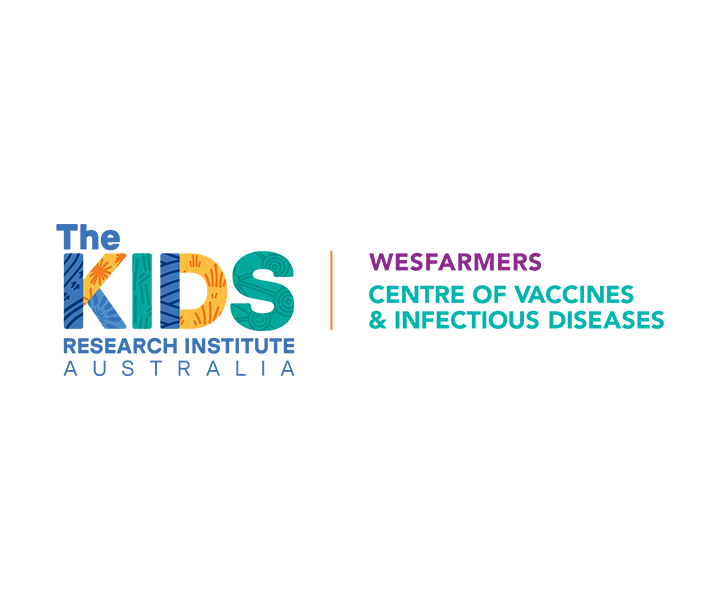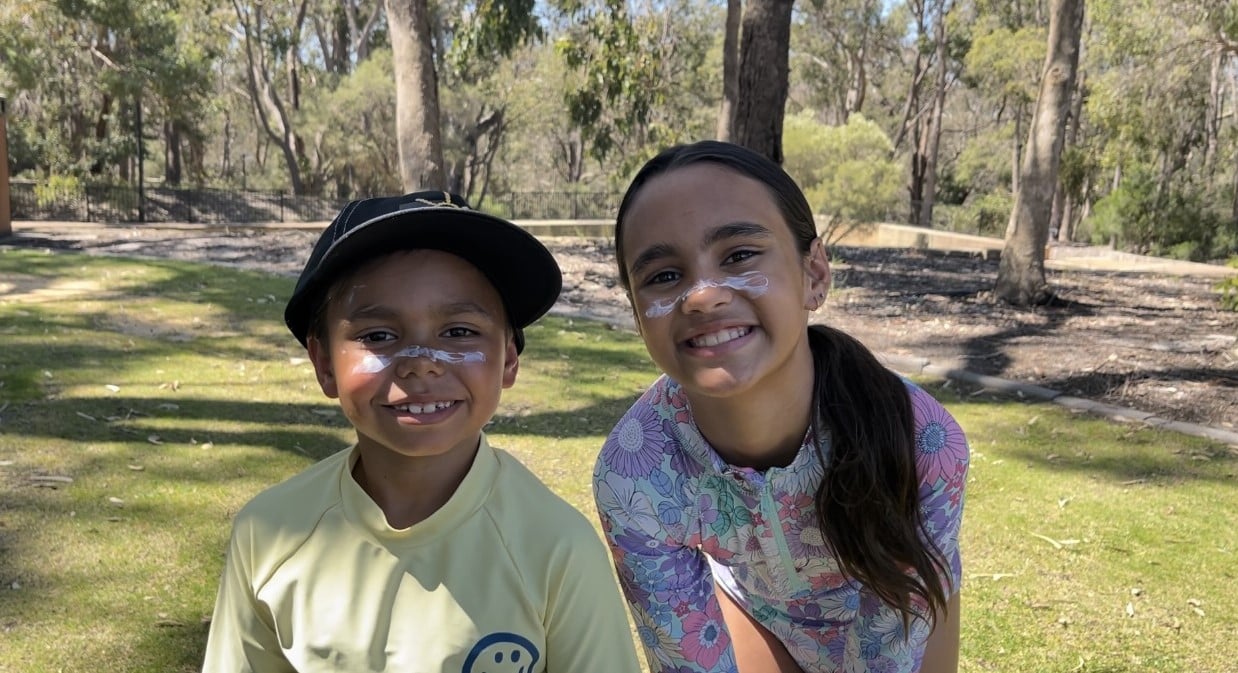Search

News & Events
HBF Run for a Reason 2013What a fabulous day we had on Sunday at the HBF Run for a Reason in Perth, where Rett syndrome was extremely well represented!

News & Events
8th World Congress on Rett syndromeThank you to all guests and participants of this year's 8th World Congress on Rett syndrome, which was held from May 13-17th, 2016 in Kazan, Russia.
The mental health of Australian children and adolescents
Download the Young Minds Matter report and overview, watch video snapshots and access survey results and tables.
Parents and carers were asked about the quality of services, need for services and whether their children received the needed service, as well as barriers.
A comparison between the first and second national surveys of youth mental health

The Wesfarmers Centre of Vaccines & Infectious Diseases brings together a number of independent researchers and research teams with a common aim; to find and deliver new and improved solutions to prevent and treat serious infections experienced by children or adolescents.
Help us discover a way to expand protection for the next generation.

The Healthy Skin team, in collaboration with Elder Researchers and Aboriginal Community Members, is working to strengthen sun safety knowledge, practices, and skin cancer risk awareness among Aboriginal children and young people in Western Australia.
ATOMIC Ears Study The ATOMIC Ears Study aims to evaluate a new treatment designed to prevent ongoing ear infections in kids having grommet surgery.
